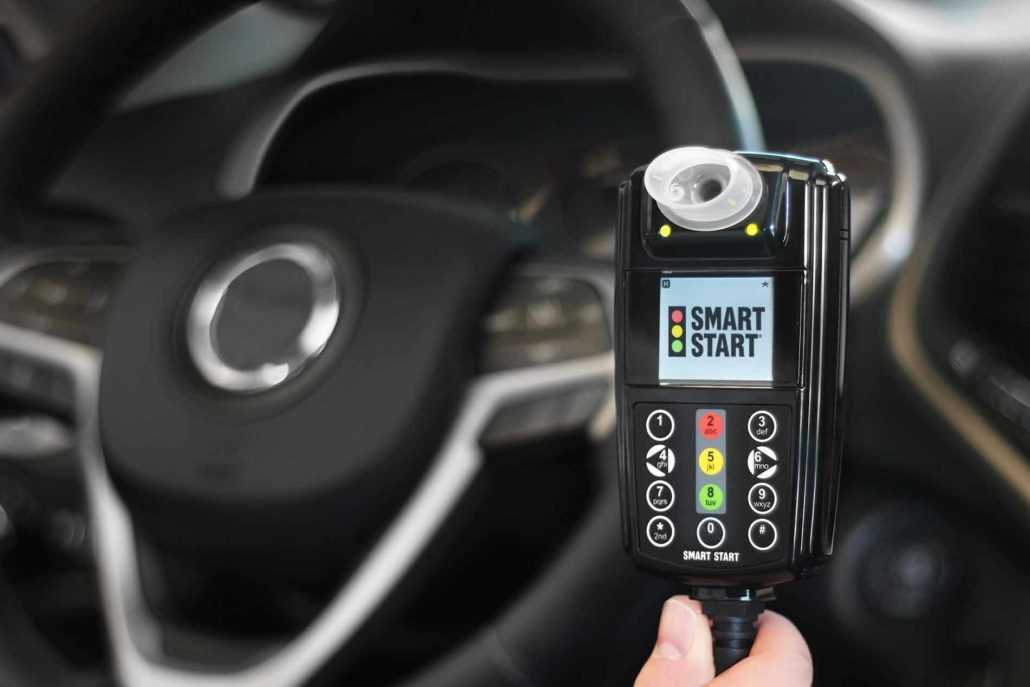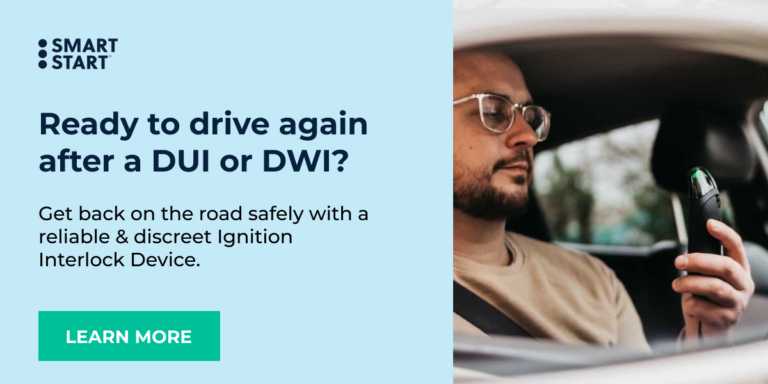State VS NHTSA Ignition Interlock Device Regulations – Why They Matter to You
Your Ignition Interlock Device (IID) program, from start to finish, is fine-tuned with a well-developed process. If the process, made possible by the National Highway Traffic and Safety Association (NHTSA), is not fulfilled by your vendor, they could become de-certified and will no longer be able to sell their IIDs. Not only that, but your IID will automatically become an unreliable product.
Federal Ignition Interlock Standards
That’s why NHTSA developed federal standards for all Ignition Interlock program administrators to follow.
Although NHTSA created the guidelines, they decided to leave the programmatic specifications for IID programs up to the states.
NHTSA did, however, produce a model guideline for state Ignition Interlock programs for the IID administrators’ reference. The document lists performance standards that IIDs must meet to follow NHTSA’s guidelines. It also lists different strategies to improve new or existing IID programs.
These strategies include:
- Ignition Interlock Legislation
Strengthening a state’s IID legislation is one way to create a more effective program for clients. Smart Start works with various organizations to lobby for stronger Ignition Interlock laws nationwide. - Education
An IID administrator with the proper education will make a more seamless and stress-free Interlock program. These various educational factors can be: how an Ignition Interlock works, program violations and sanctions, reporting and service requirements, and who to contact for further information. Smart Start, since 1992, has local contacts in each state to ensure the education part of NHTSA’s guidelines. - Program Administration, and Criminal and Administrative Sanctions
Establishing administrative rules and regulations with any entities involved in the use of IIDs and the program. This feature ensures a streamlined and smooth process for IID programs. One example includes making sure Interlocks and its services are available to all residents, especially if they live in a rural area. Another example is establishing a client’s financial status and whether a financial assistance program is in place or not.
State Ignition Interlock Standards
All U.S. states may follow NHTSA’s guidelines, but it doesn’t mean every IID program is the same. Each state has their own impaired driving laws and regulations, which influences how Ignition Interlocks will be used.
For example, 30 states enforce an all-offender IID law. That means whether someone is a first or repeat DUI offender with a .08 BAC level, the court and/or state office will require them to use an Interlock.
The other 20 states have varying degrees of enforcement for Interlocks. Either only a repeat offender will need an IID, or someone who is convicted with a DUI but had a BAC level above the state-mandated level. IIDs could also apply to people who caused injury and/or death.
Additional Resources
There are a couple of well-renowned organizations that also provide helpful information for anyone in the IID industry.
The Traffic Injury Research Foundation (TIRF)
TIRF created an Alcohol Interlock Curriculum for Practitioners (AICP) to, “meet the needs of transportation, criminal justice and health professionals who are often implicated in the delivery of alcohol interlock programs.”
The Association of Ignition Interlock Program Administrators (AIIPA)
AIIPA is an organization that promotes traffic safety through Ignition Interlock education. In addition, their goal is to enhance state IID programs and provide technical assistance to the industry.
In 2013, AIIPA, with NHTSA, the Department of Transportation (DOT) made a list of terms most commonly used during Ignition Interlock programs. When all manufacturers and vendors use the same terms, it leads to less confusion in the industry.
For example, Ignition Interlock manufacturers produce the products. Vendors are the companies that distribute the Interlocks. Smart Start is one out of few IID companies that is both the manufacturer and vendor.
In addition, although Breath Alcohol Ignition Interlock Device (BAIID) is the term in AIIPA’s list, Ignition Interlock Device is more commonly used nationwide.
AIIPA’s Ignition Interlock standardized vocabulary and best practices list is available on their website.
It is important to know who your vendor is, and whether they are following NHTSA’s federal IID guidelines or not. Smart Start meets and exceeds NHTSA’s standards with a reliable product, round-the-clock service and many locations nationwide with local service who know both their state and federal IID guidelines well.
Smart Start Can Get You on the Road Again
Need an Ignition Interlock? Smart Start will provide a reliable and seamless IID program, wherever you live in the U.S. When you contact us, our Customer Care Center will set up an installation appointment with the nearest Smart Start service location in your area. Call today at (800) 831-3299 or fill out our online form.
Schedule an Installation
Get a quick and easy IID installation with Smart Start! Get started today!
¡Obtenga una instalación rápida y fácil de IID con Smart Start! ¡Empieza hoy mismo!
"* (required)" indicates required fields






